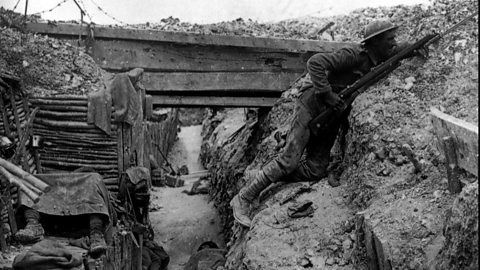What caused World War One?
When World War One started millions of men volunteered to fight. Were they fearless patriots doing their duty or unlucky victims of government propaganda?
When Britain entered the war in August 1914 the government proclaimed that it needed to honour a long standing commitment to protect Belgium. In the short term, this was indeed one of the spurs for British involvement but the underlying reasons for war stretched back over many years.
Wars occur when the aims and ambitions or the interests of countries clash and they are unable to resolve them peacefully. Events in the summer of 1914 may have sparked off the conflict but the long term factors were what propelled the great European powers into conflict.
Alliances
What alliances were formed in the lead up to World War One?
- Triple Entente: As Germany grew more powerful, the balance of power between the nations of Europe became unstable. In 1907 Britain, France and Russia signed the Triple Entente, an alliance designed to hem in a powerful Germany.
- Triple Alliance: Germany, Austria-Hungary and Italy signed the Triple Alliance in 1882.
The intention of these alliances was to act as a deterrent towards aggression. A country knew that to start a war would invite a response from an entire alliance.
However, if this deterrent did not work, it also ran the risk of dragging all the countries into a war, even if they were not directly involved in the initial events.
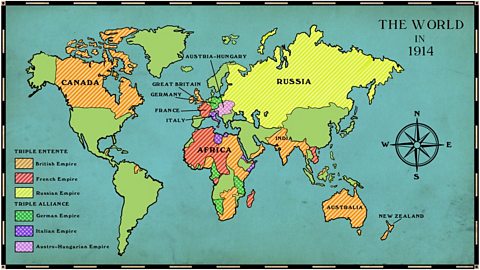
Militarism
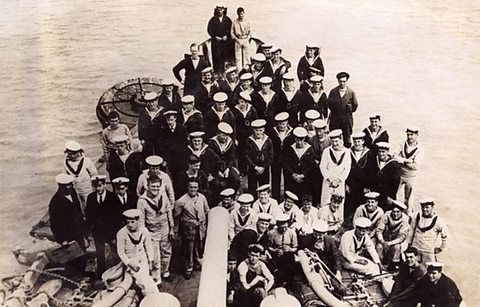
Militarism is the idea that a nation should increase the size of their army and military capabilities in order to protect or promote its interests. The Anglo-German Naval Race before World War One is an example of militarism.
At the time, Britain had the worldÔÇÖs strongest navy. The ruler of Germany, Kaiser Wilhelm, wanted to build a navy that was bigger and stronger than BritainÔÇÖs.
This started a naval and arms manufacturing race and further increased the tensions between the two nations. Britain was determined that Germany would not replace it as the dominant power.

Imperialism
Imperialism is the claiming of another territory as oneÔÇÖs own. In the 19th century this was seen as an acceptable practice by the European powers. Britain had an empire that covered one quarter of the world map and France had significant territories in Africa and Asia. Empire could increase trade and wealth and it also brought great prestige.
Germany wanted to rival Britain and France and have an empire of its own. The German leader, Kaiser Wilhelm, called this policy Weltpolitik. By the start of the 20th century much of Africa had already been seized, so German attempts to claim land could cause problems with other nations. An example of this was the 1905 crisis in Morocco when Germany attempted to undermine French control of the country.
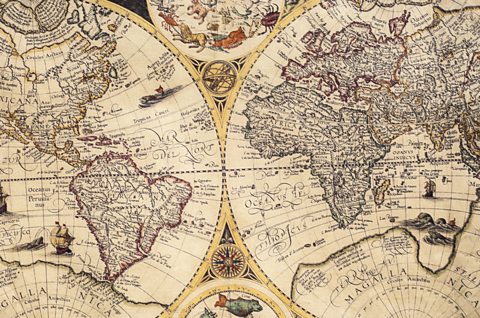
The Assassination of Archduke Ferdinand and the countdown to war
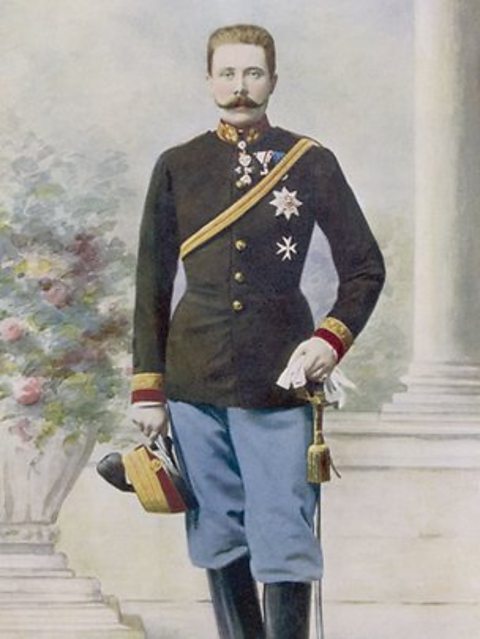
With all these hostilities, alliances and rivalries spanning previous decades, you can start to see that there were multiple reasons and causes for WW1. So why was the assassination of Archduke Franz Ferdinand by Serbian nationalists the spark for war?
To answer, we need to look at the decline of Austria-Hungary over the 19th century:
- Austria-Hungary suffered a number of military defeats and began to lose strength as an empire.
- The Austrian empire contained twelve different nationalities and fifteen different languages. Many of these people wanted their independence and had nationalist movements.
- Serbia, and its supporter Russia, challenged the empire, particularly in Bosnia.
- After the assassination of Archduke Ferdinand, Austria-Hungary decided to issue an ultimatum and threats to Serbia. Crucially Germany agreed to support Austria-Hungary in this move. On 28th July Austria-Hungary invaded Serbia. Russia looked set to intervene and protect the Serbs.
- Germany - knowing that its chance of victory lay in winning a swift, decisive victory - declared war on Russia on the 1st August and on France two days later.
- On August 4th Germany invaded Belgium en route to France. Britain declared war at 11pm that evening.
- The countries of Europe found that the alliances they had formed did not prevent war - it dragged them into it.

Patriotism

Those politicians that had opposed war clung to the hope that the workers of Europe would be reluctant to fight against each other in the war.
In fact, the opposite was true and the outbreak of war was met with great enthusiasm. Cheering crowds, caught up in waves of patriotism and national pride, rushed to join up.
Some felt that their country was superior to their opponents, others that it was their responsibility to protect the national interests.
This was fuelled by government propaganda that sought to portray the war as a matter of duty and depicted their cause as an honourable one. At the same time, they painted the enemy as the aggressor and an evil that needed to be confronted and defeated.
Test yourself
More on World War One
Find out more by working through a topic
- count2 of 5

- count3 of 5
